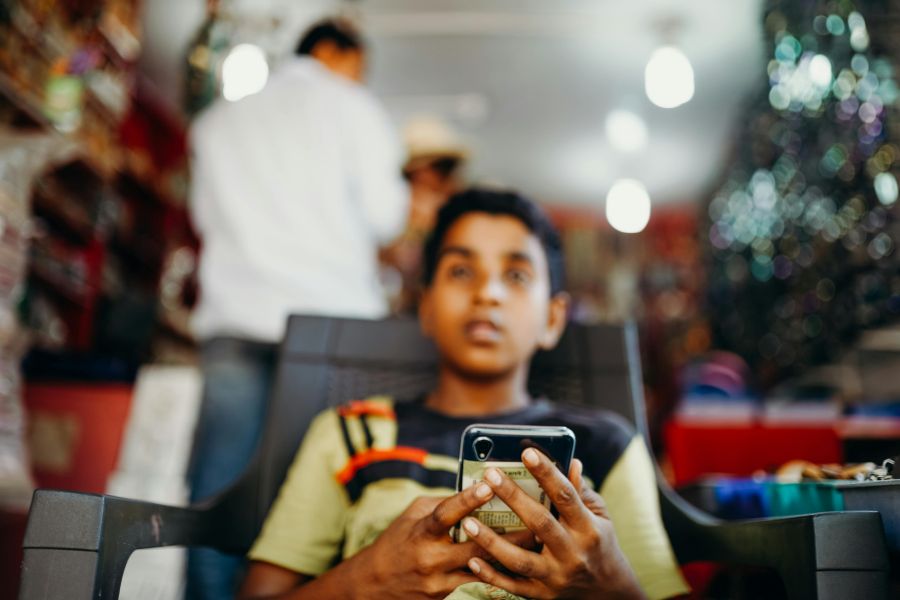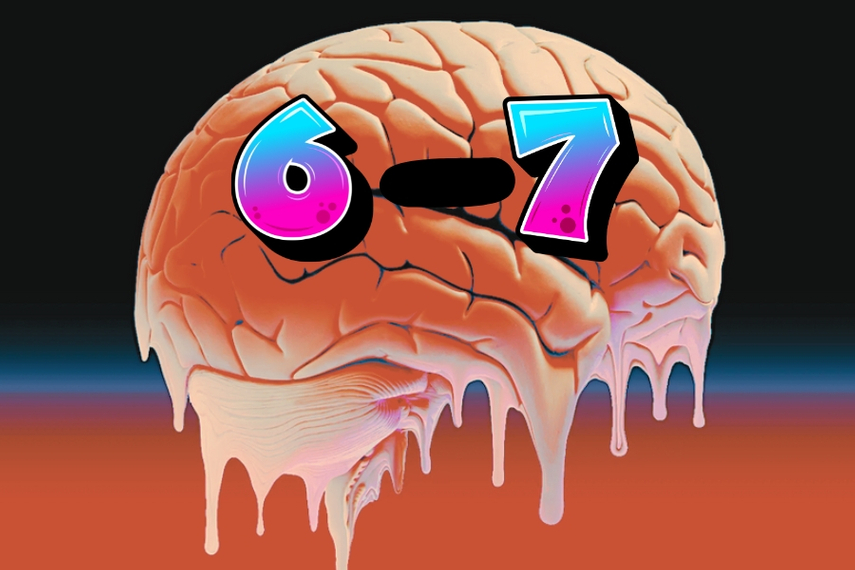India has retained its leadership in digital well-being for a third consecutive year, scoring 67 on the Digital Well-Being Index (DWBI) for 2024, according to the latest report by Snap Inc, released a week before the Safer Internet Day, 2025.
Nearly 78% of Gen Z in India sought support from others, up from 65% in 2023, while Indian parents too exhibited increased engagement, with 70% consistently checking in with their teens about online safety—up from 62% in 2023. While this indicates a rising awareness among Indians about online safety, it also demonstrates a strong resilience shown by Indians as a community, according to Snap’s report.
This year’s findings reveal a widespread rise in global online risks, and how the under-18 in India experience it. The report notes that as high as 71% of Indian Gen Z were targeted for sextortion in 2024, with nearly 55% falling victim to those attempts by cybercriminals.
As a matter of concern, nearly 77% of Indian Gen Z reported losing control of shared intimate imagery, with 80% of these individuals being minors—aged 13-17. While 60% were targets of grooming, 56% of those were minors. Grooming is defined as the process by which an adult or older teen uses technology to build an emotional connection with a child for sexual abuse.
Recognising the magnitude of this problem, the Union government released the draft Digital Personal Data Protection (DPDP) Rules, 2025, on January 3, outlining a structured framework for the DPDP Act of 2023. Open for public feedback until February 18, the draft introduces stricter data accountability measures.
A key provision mandates parental consent for users under 18 to access social media. Data fiduciaries, including social media, gaming, and e-commerce platforms, must obtain explicit consent for data collection and ensure transparency. Platforms must authenticate parental consent via government-approved IDs, raising enforcement concerns among industry leaders and privacy advocates.
India in comparison with other countries
| Parameter | India | USA | Australia | UK |
|---|---|---|---|---|
| Percentage of respondents flourishing and thriving | 71% (16% flourishing, 55% thriving) | 62% | 55% | 54% |
| Support assets per respondent | 9 to 12 | N/A | N/A | N/A |
| Satisfaction with online lives | 58% | 53% | N/A | 42% |
Source: Snap Inc.
The Snap survey has also unearthed a few critical misconceptions regarding the legalities of sexual imagery involving minors. 52% of respondents in India mistakenly believed it was legal not to report seeing such images online—the highest among the surveyed countries; while 36% thought it was legal to share and view such images, and 39% believed it was even legal to retain or store them online.
“This year’s findings underscore the growing significance of open dialogue and support between Indian teens and their parents in creating a safer online experience. At the same time, the rise in threats like sextortion and grooming highlights the need for continued efforts across the digital ecosystem to respond to a rapidly evolving threat landscape,” said Uthara Ganesh, head of public policy, India and South Asia, Snap Inc.
Snap’s DWBI assesses the psychological well-being of Gen Z users across platforms including well-being of teens (13-17), young adults (18-24), and parents of teens (13-19) through sentiment statements based on PERNA model that focuses on positive emotion, engagement, relationships, negative emotion, and achievement.
Analysing the responses of over 9,000 people across six countries including India, Australia, France, Germany, the UK, and the USA, the research covers Gen Z teens’ and young adults’ experiences across platforms and devices. Snap Inc (formerly Snapchat Inc) is an American company that owns digital brands including Snapchat (social media platform), Spectacles (smart-glasses), and Bitmoji (emoji maker tool).




